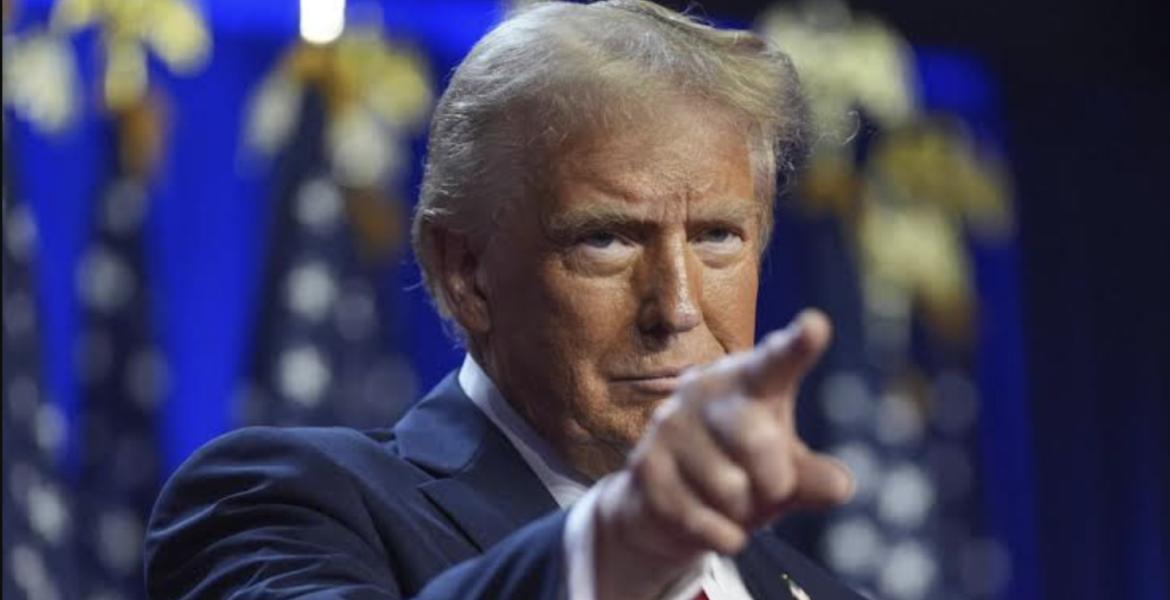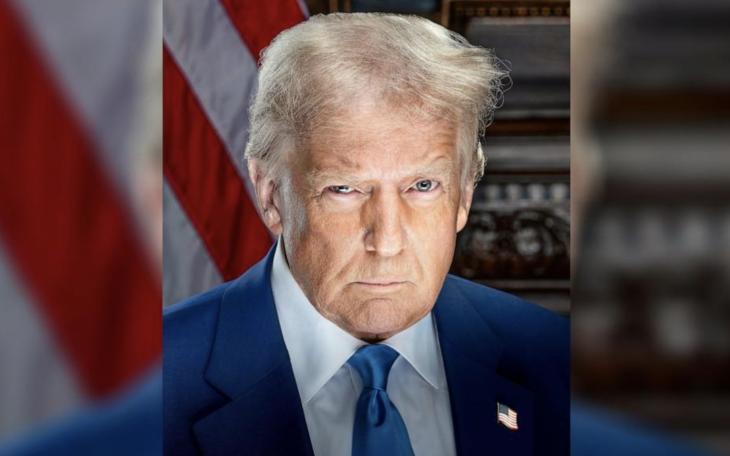WASHINGTON, DC — Elon Musk’s recent appointment as head of the Department of Government Efficiency (DOGE) has sparked significant debate in political and financial circles. While some view the initiative as a necessary disruption to outdated government practices, others see it as a dangerous encroachment on constitutional principles and the integrity of federal financial systems.
In a strongly worded joint op-ed published in Monday's New York Times, five former Democrat U.S. Treasury secretaries—Robert Rubin, Lawrence Summers, Timothy Geithner, Jacob Lew, and Janet Yellen—expressed deep concerns over Musk’s control of the nation’s federal payments system. They criticized his appointment for politicizing a historically nonpartisan function and warned of serious risks to data privacy, cybersecurity, and the constitutional balance of power.
The secretaries stressed that the Constitution grants Congress—not the executive branch—sole authority to decide how federal funds are spent. They argued that Musk’s leadership creates a risk of selective withholding of congressionally approved payments, an act they describe as both unlawful and corrosive to public trust.
Their fears are not unfounded. A federal judge recently blocked aspects of Musk’s program, citing the risk of "irreparable harm" and potential exposure of sensitive personal and financial data. The former secretaries cautioned that undermining these democratic principles could lead to financial instability and a loss of global credibility for the U.S.
Despite these warnings, Musk’s leadership of DOGE has received praise from various corners. Supporters argue that his bold approach is long overdue in a federal bureaucracy often criticized for inefficiency and waste. By applying private-sector strategies to public administration, Musk aims to streamline federal operations and reduce unnecessary spending quickly. His mandate from President Donald Trump expires on July 4, 2026, a little over a year from now.
Fiscal conservatives have welcomed DOGE’s focus on addressing the national debt and cutting wasteful expenditures. Lawmakers across the political spectrum, including Senator Bernie Sanders and Congressman Ro Khanna, have expressed openness to collaborating with Musk on targeted cost-cutting measures. International leaders have also commended Musk’s initiative, with Slovak Prime Minister Robert Fico praising his efforts to scale back U.S. aid programs that Fico claims have interfered in his country's politics. According to Reuters, USAID money was used to "deform the political system" in Slovakia.
Musk’s business-like approach to government reform has also been noted as a strength. His rapid decision-making and focus on measurable results mirror his leadership style at companies like Tesla and SpaceX. Supporters argue that this approach brings a fresh perspective to Washington’s entrenched bureaucracy and could inspire meaningful change.
The controversy surrounding DOGE highlights the tension between innovation and tradition, efficiency and accountability, and left versus right. While Musk’s vision for the Department of Government Efficiency resonates with those seeking government reform, critics warn that it must be pursued within the boundaries of constitutional principles and democratic norms.
For now, one thing is clear: Musk’s DOGE initiative has put the spotlight on the future of federal governance—and the stakes could not be higher.
Subscribe to the LIVE! Daily
Required






Post a comment to this article here: